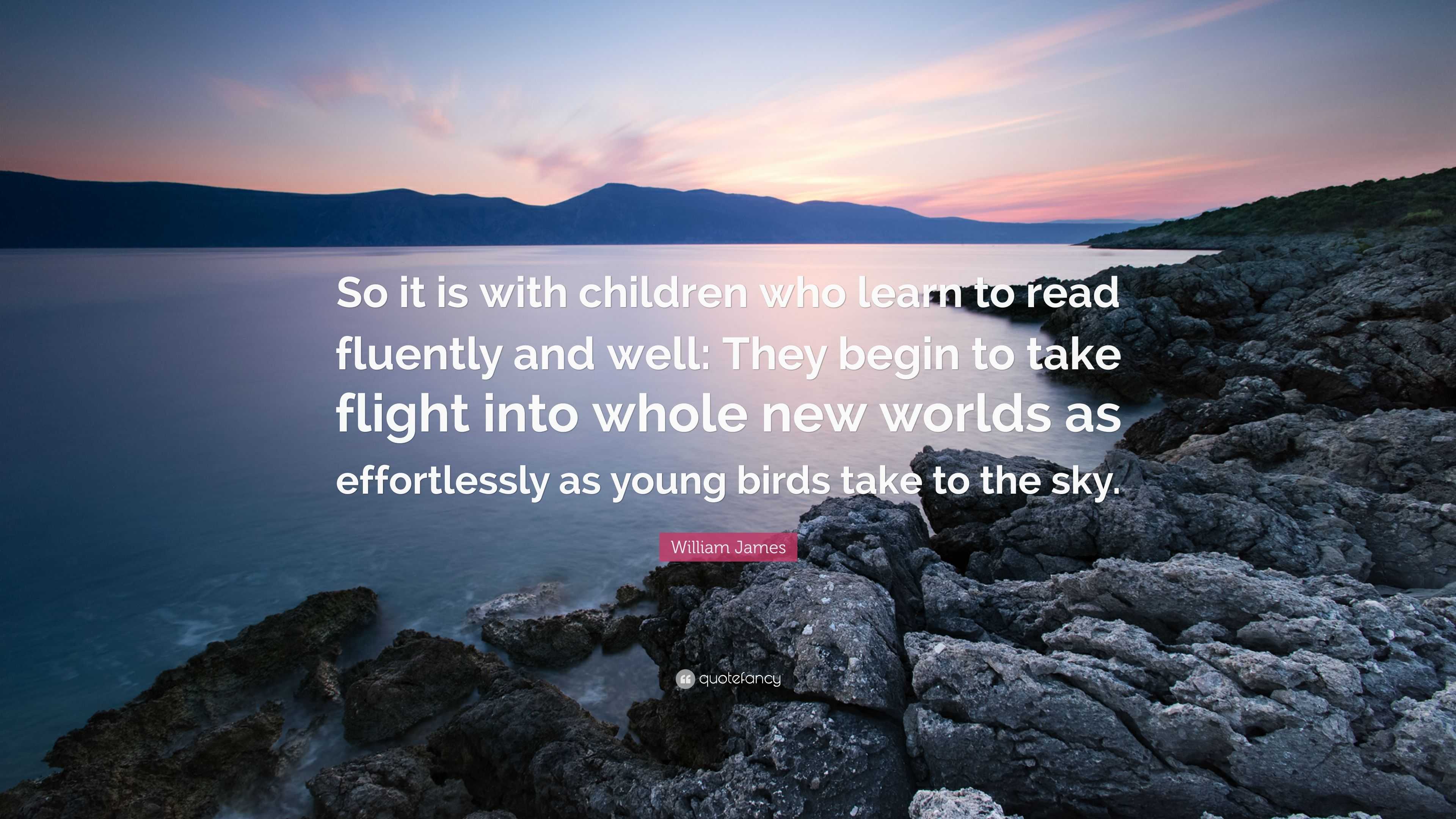English at St Mary's
Phonics, Reading and Writing
English Curriculum Intent
At St. Mary’s, our intent is for every child to leave with a strong foundation in English and a life-long love of literature. We believe that reading is the cornerstone of the writing curriculum, which is why our approach is rooted in high-quality, challenging texts. We understand that fluent readers become articulate, creative writers.
From the earliest stages, children are immersed in a rich language environment where a culture of books inspires curiosity and imagination. Their reading journey begins with our SSP programme, which equips them with the foundational skills to become confident readers and, in turn, accomplished writers.
We nurture a passion for reading for pleasure, knowing that diverse and meaningful exposure to literature directly enhances the depth and quality of writing. Through purposeful opportunities to write for real audiences, children are motivated to express themselves and develop their voices as writers.
Our curriculum is thoughtfully designed to ignite creativity, inspire ambition, and foster self-belief, enabling every child to see themselves as both readers and authors, prepared to engage with the world through the power of words. Promoting a love of books is given the highest priority. Each day, time is dedicated in the timetable for children to listen to stories and ‘Read for Pleasure’ as an opportunity to connect through the joy of shared stories.
English Curriculum Implementation
The golden thread that runs through our Intent is the value we place on Phonics and Early Reading. Our Phonics and Early Reading delivery is of the highest quality and all staff understand the importance of using a consistent approach. Please click here to read more about our approach to teaching Phonics and Early Reading at St Mary's.
Linking to our phonics programme, children in EYFS and KS1 receive daily group guided reading sessions, directly linked to their phonic knowledge and development. In KS2 children progress to whole-class guided reading sessions. We follow a research-based approach to whole-class guided reading based on Mary Myatt’s ‘Just Reading’ project and Chris Such’s books ‘The Art and Science of Primary Reading’ and ‘Primary Reading Simplified.’ During the week, children work on a range of reading skills including ‘extended reading’, ‘close reading’ and ‘reading fluency,’ whilst also developing their VIPERS skills.
We support the teaching and learning of reading and writing through The Literary Curriculum, a thematic, book-based approach that inspires children to see themselves as authors. This approach not only develops essential reading and writing skills for effective communication but also fosters a deep appreciation for the pleasures of language. Through carefully selected texts, children are immersed in rich vocabulary and language, enabling them to express themselves with confidence and creativity. Our curriculum encourages children to read and write for a wide range of purposes and audiences, including, but not limited to, narrative stories, poetry, informational texts, recipes, maps, advertisements, notices, and book reviews.
In addition to the Literary Curriculum, our children become independent authors and write for pleasure. Each week in Celebration Worship, we congratulate an 'Author of the week' in each class. Children also receive discreet teaching of spelling, punctuation, grammar and handwriting.
The following links provide a deeper understanding of school's policy for the teaching of English and also what we want children in different year groups to be able to achieve.
- English Policies - Reading, Writing and Phonics and Early Reading
- Phonics and Early Reading at St Mary's
- Phonics and Early Reading Parent Presentation October 2025
- Reading for Accuracy Parent Presentation March 2025
- Reading spine - the core books children will read whilst at St Mary's from Nursery to Year 6 (Nursery, Reception, Year 1, Year 2, Year 3, Year 4, Year 5, Year 6)
- Long Term Plans for English Reception Year 1 Year 2 Year 3 Year 4 Year 5 Year 6
- Writing 'Must Haves'
- Progression in Reading
- Progression in Writing
- Progression in Phonics
- Glossary of terms
- Phonics Pronunciation videos
The Phonics and Early Reading Leader is Lucy Pickford
The English Subject Leader is Eloisa Nash







